Reducing water use at home is not only beneficial for the environment but can also lead to significant savings on utility bills. Here are several practical and effective strategies to conserve water in various areas of your home.
{this post contains Amazon affiliate links}
Fix Leaks
Check for and repair any leaks in faucets, toilets, outdoor spigots, and anywhere there is a possibility of leakage. You can also buy a water alarm for areas that might be prone to leaks, so that you can be alerted any time there is a leak.
Even a small drip can waste a substantial amount of water over time.
Install Low-Flow, High Efficiency Fixtures / Appliances
Replace old shower heads, faucets, and toilets with low-flow models that use significantly less water. Modern low-flow showerheads can provide a satisfying shower while using less water.
Shorten Showers & Take Fewer Baths
Encourage family members to take shorter showers. Even cutting down by a minute or two can save a lot of water. Consider using a shower timer. You can also have a switch to turn off the shower while shaving.
Showers typically use less water than baths. If you do take a bath, only fill the tub as much as necessary.
Turn Off Taps While Brushing, Washing, etc.
Don’t let the water run while brushing your teeth or shaving. Instead, fill a cup with water for rinsing.
Use Your Dishwasher & Washing Machine Efficiently
Only run the dishwasher when it’s fully loaded to maximize the amount of water used per wash. Choose the eco or water-saving cycle if available.
Always run the washing machine with a full load, as it uses almost the same amount of water regardless of the load size. If you must wash a smaller load, adjust the water level setting accordingly.
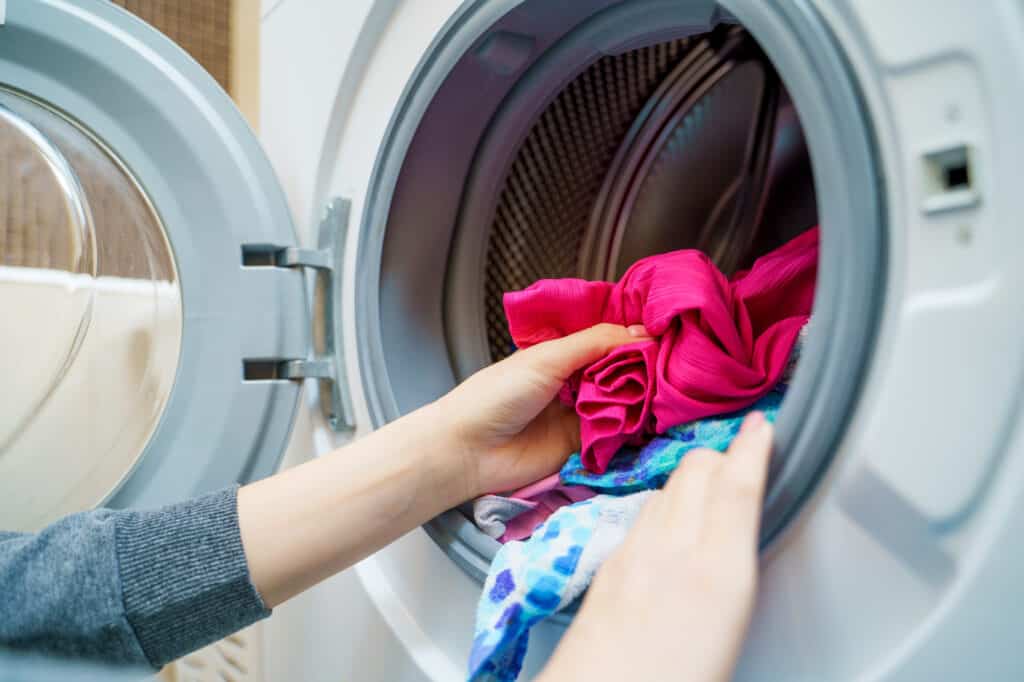
Water Lawns and Gardens Wisely
Water your lawn and garden in the early morning or late evening to minimize evaporation. Use a timer to avoid overwatering. Also use a water sensor to prevent watering during rainy days, or have a watering app on your phone so that you can turn off your sprinkler any time.
Use a Rain Barrel
Collect rainwater in a rain barrel, and use it to water your garden and indoor plants.
Use Drip Irrigation
For garden beds and shrubs, drip irrigation systems deliver water directly to the plant roots, reducing waste and evaporation.
Choose Native Plants
Native and drought-resistant plants require less water and are well-suited to the local climate.
Mulch Your Garden & Use Hardscaping
Mulching helps retain soil moisture, reducing the need for frequent watering. You can also use hardscaping, such as stone beds, to reduce the need for watering.
By implementing these strategies, you can make a substantial impact on your water usage at home, contributing to environmental conservation and reducing your utility bills.

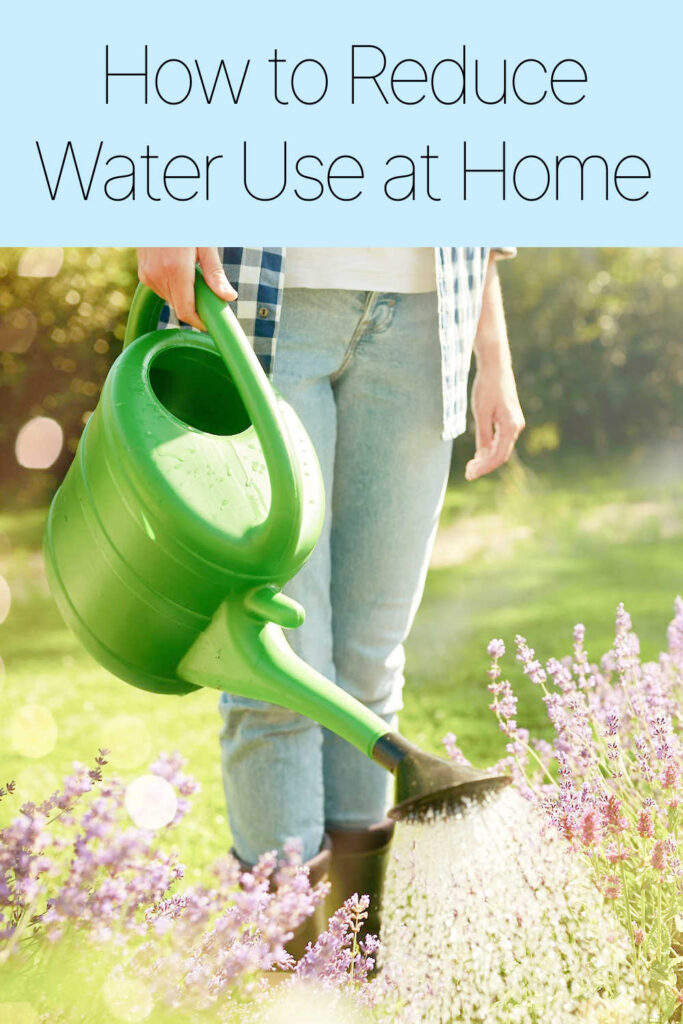
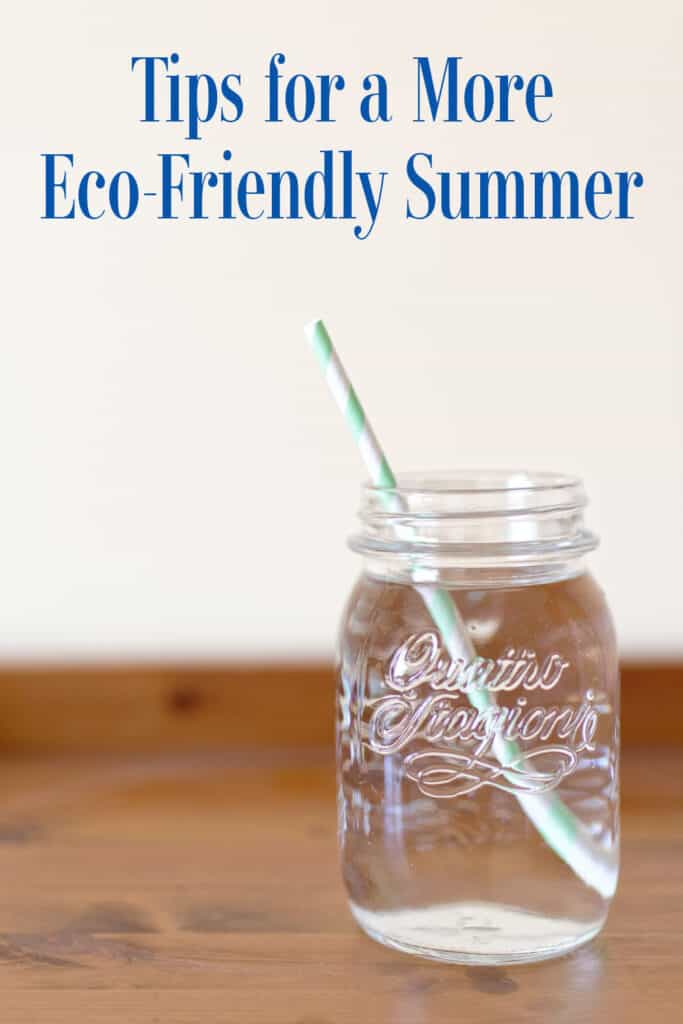
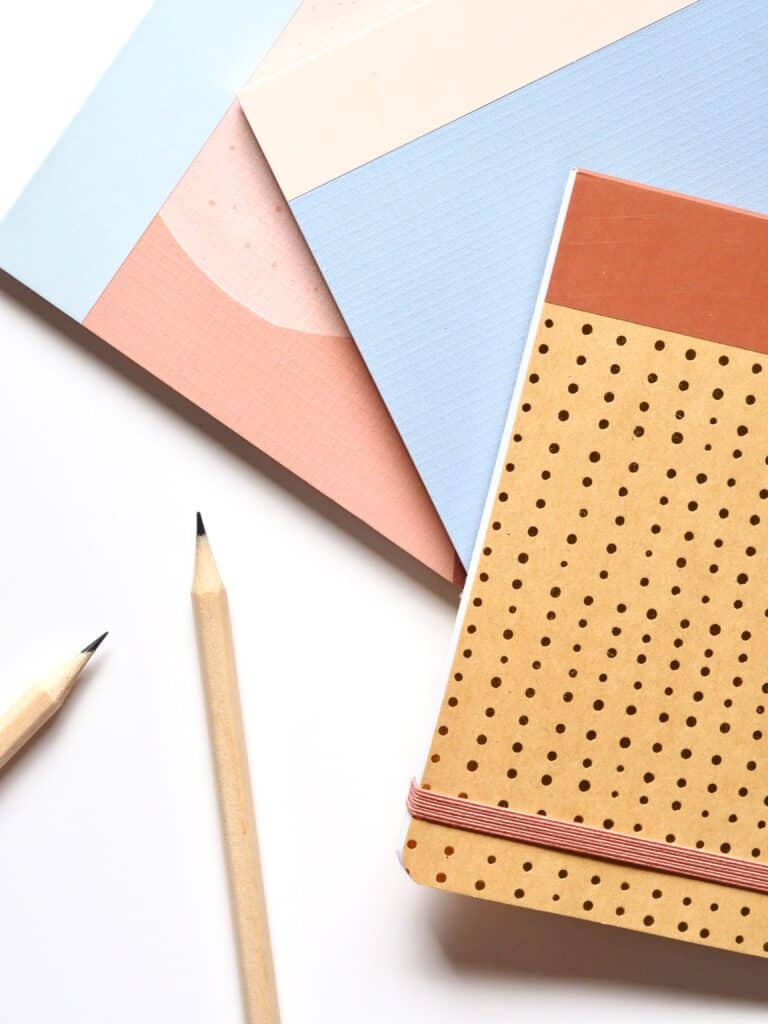
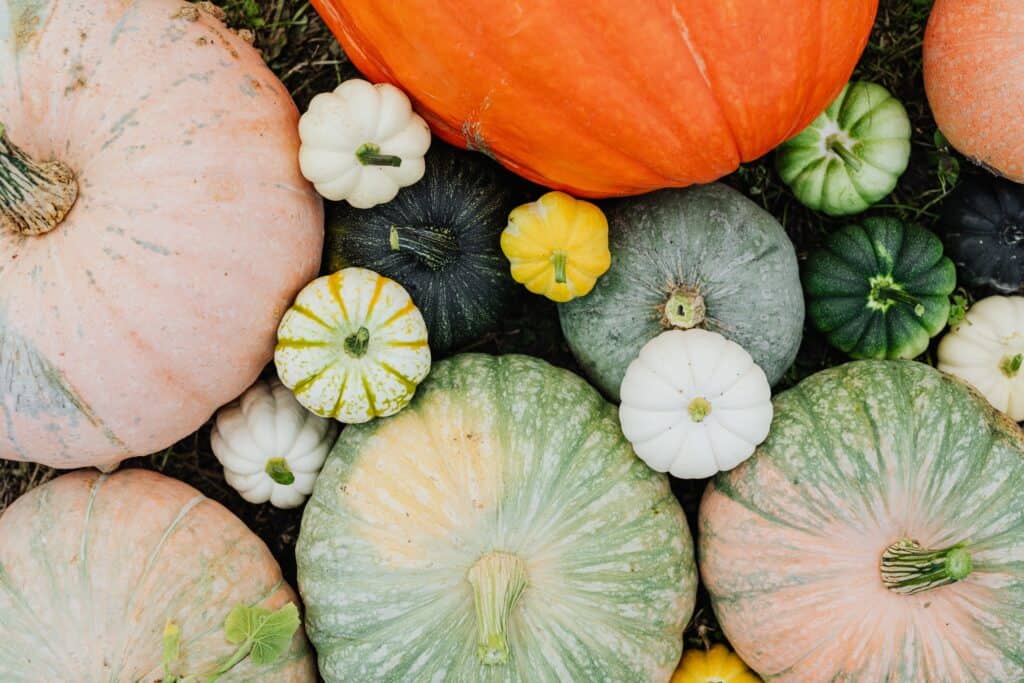
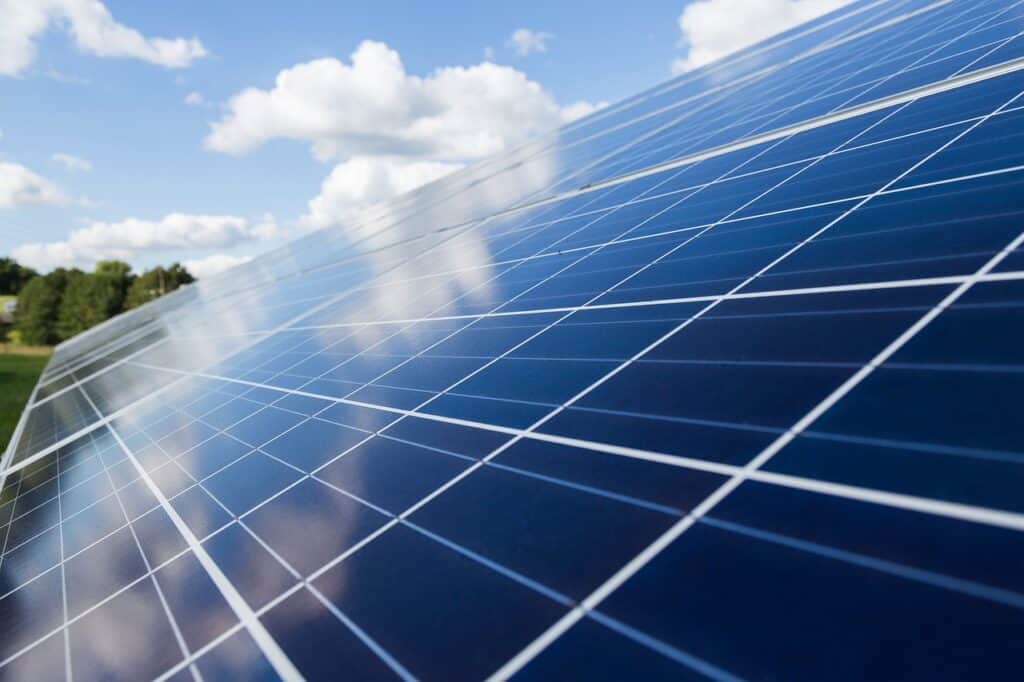
These are great tips, I just started to water my front lawn in a solar power automatic sprinkler. And it has been a struggle setting the timer for the correct length of time to water.
I think these are such great ways to help save water. I try to do the best I can as well. I hate wasting water.
I will keep these tips in mind. I do want to use less water when I can. I don’t have any plants, so that’s something!
These are great tips for saving water around the home and we are sticklers at this as not only for us is it about saving water but it also about not filling up my cess pool LOL. I never knew what a cess pool was until I moved to the Northeast…. and I never run the water while brushing my teeth. I only turn it on when I am ready to rinse and also while washing my hands. I love the idea of a rain barrel and am getting one of those soon too! Great post 😉
I love these ideas for saving water. I am happy to do my part whenever I can and this makes it so easy.
These are some great tips; we implement a lot of these tips in our home to reduce water. I’m really trying to stay on top of this.
Great read! These tips for reducing water usage at home not only help the environment but also save money.
These are great suggestions! I live in a state that used to be in a drought, so we are used to conserving water. I’ll have to implement these tips!
Thank you for this comprehensive guide on reducing water use at home. Another simple yet effective tip is to insulate your water pipes. By insulating hot water pipes, you reduce the time it takes for hot water to reach your taps and showers, which means you waste less water waiting for it to heat up. Additionally, this helps maintain the temperature of the water in the pipes, reducing the energy needed to reheat it. This simple step can save both water and energy, making your home more efficient and environmentally friendly.
I do a lot of gardening, and my husband rerouted a gutter to feed a few water barrels. It’s been a huge game-changer for my plants and our bill.
These are all things that I’m going to try to do at home! Not only do I want to save my pocket, but also the environment.
Clean water is such a precious resource – we should all be doing what we can to reduce wasting it. Thanks for all these tips. I’ll have to look into each one!
I love these tips to save water. I’ll try a few of them out myself. Thanks.
Gggiirrrllll, talk about those leaks. They can bring you a bill that is over 5 times what you usually pay for; that is, if they haven’t damaged any major properties of yours.
I’m not a DIY person, but these tips are practical. Fixing leaks and installing low-flow fixtures can make a big difference. I especially love the idea of using a rain barrel and drip irrigation for the garden. Thanks for sharing!
Implementing strategies like mulching and hardscaping not only helps conserve water but also reduces utility bills. It’s a win-win situation for the environment and your wallet. Great tips!
Excellent article, Marysa! Homeowners can also reduce water use by installing a recirculating pump system for hot water lines. This system ensures that hot water is always available at the tap, reducing the amount of water wasted while waiting for it to heat up. It’s especially useful in larger homes where the distance from the water heater to the tap is significant. This upgrade can significantly cut down on water waste and improve convenience.